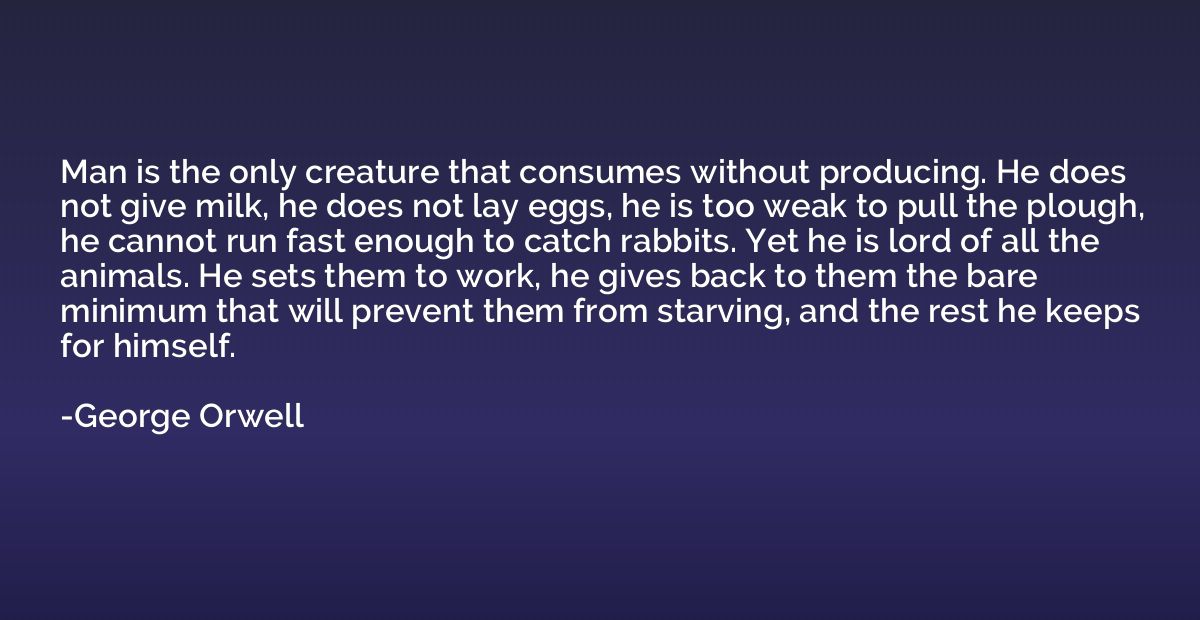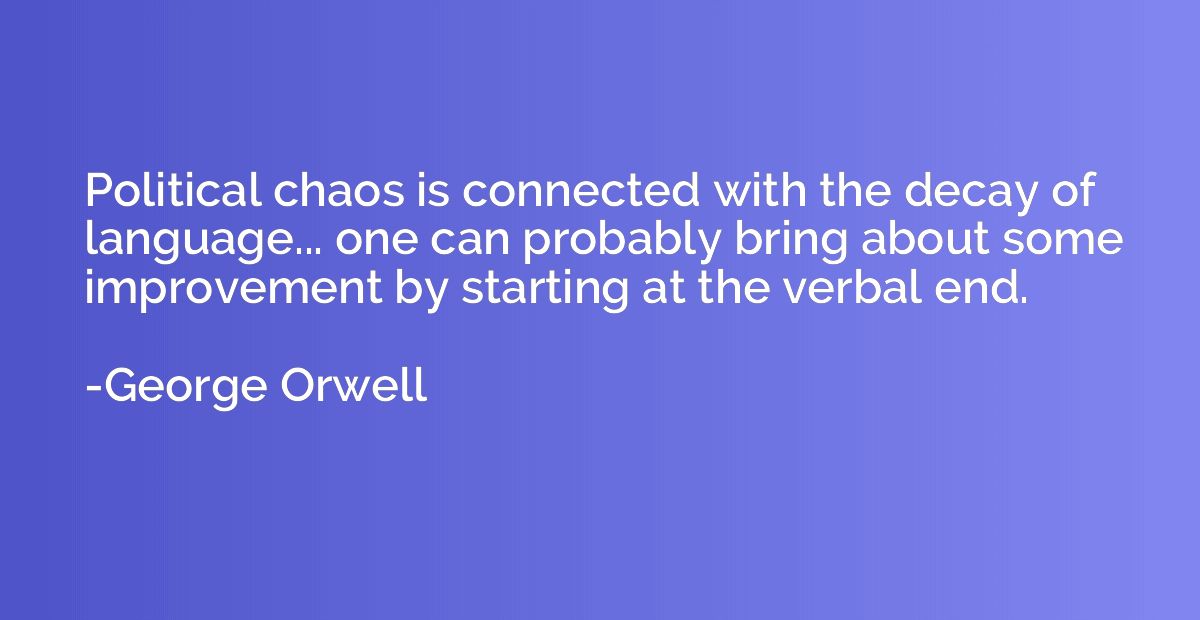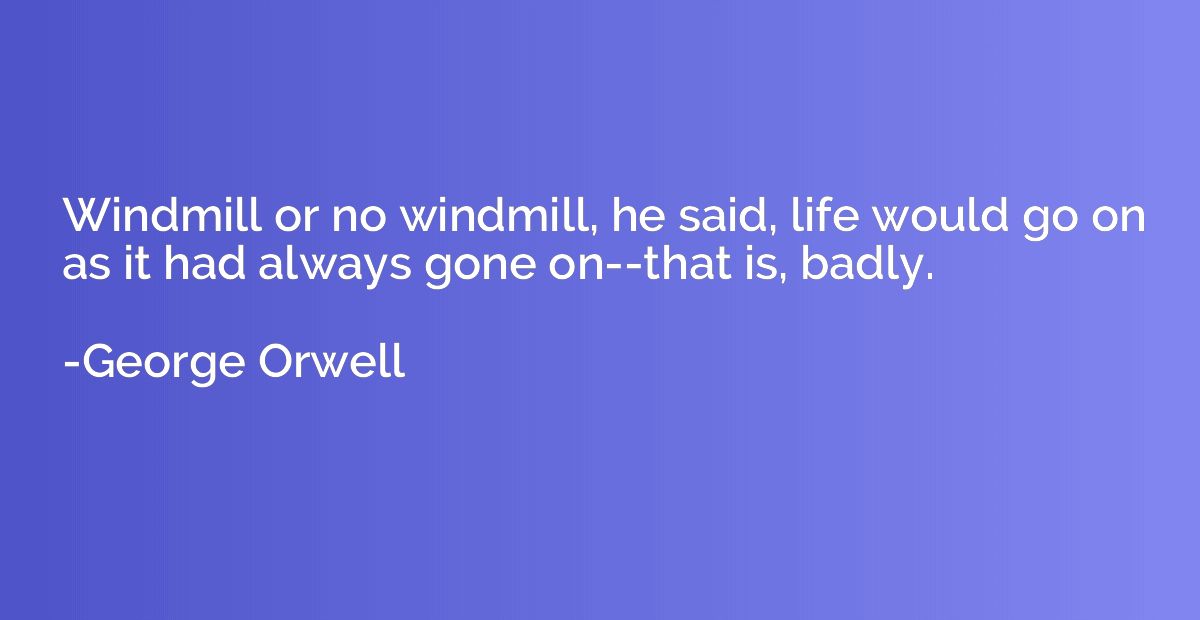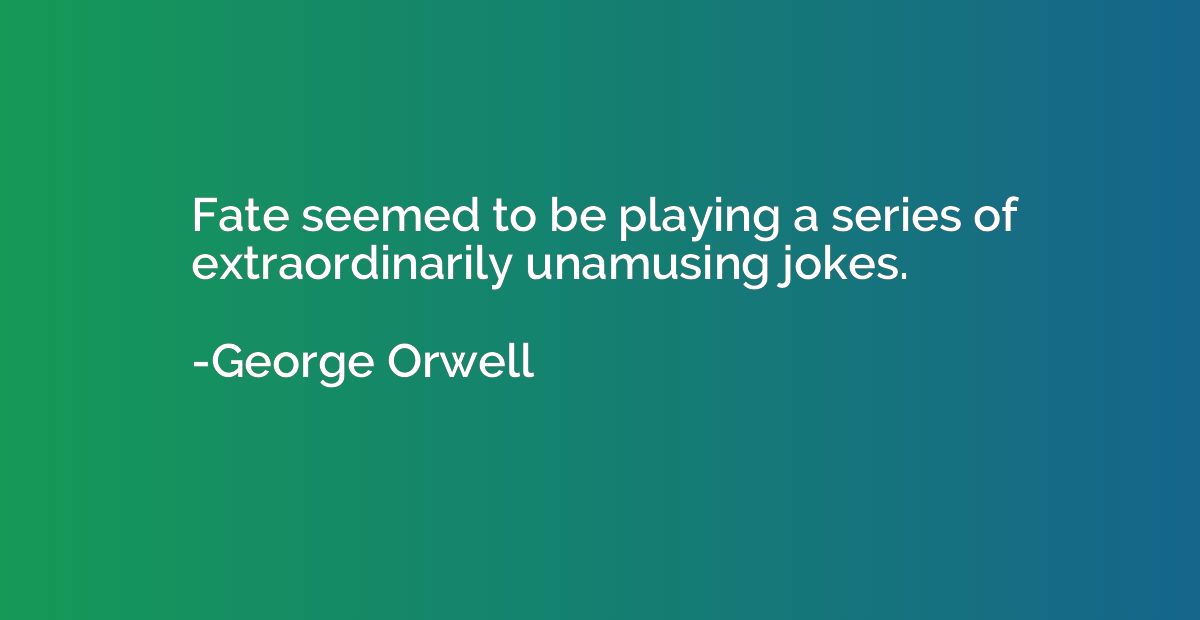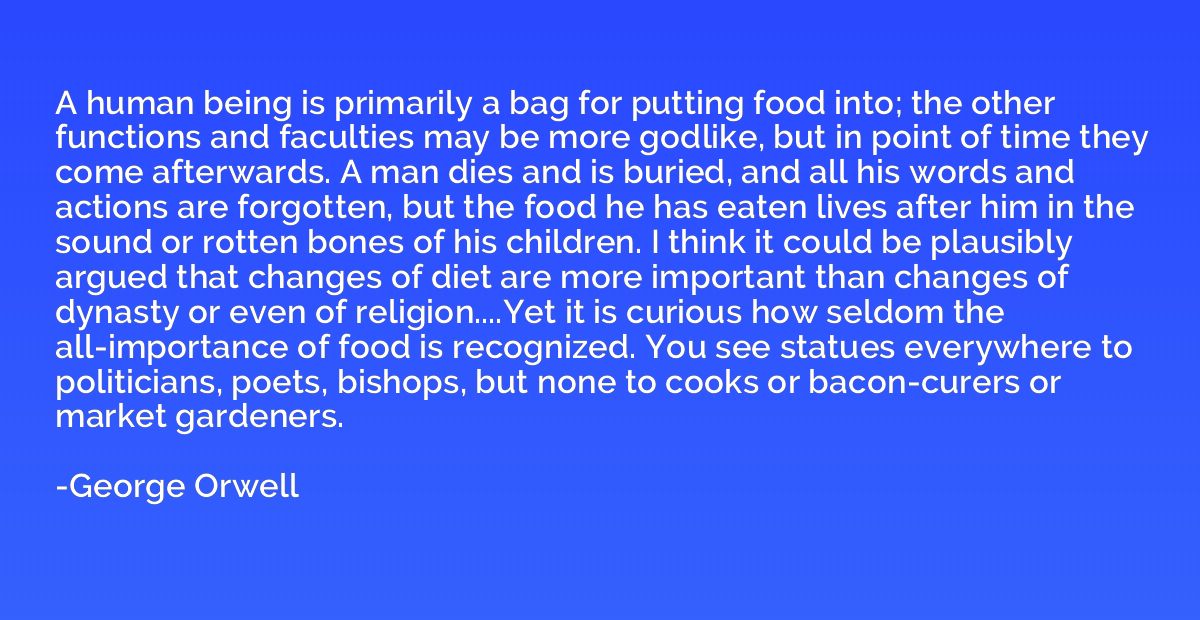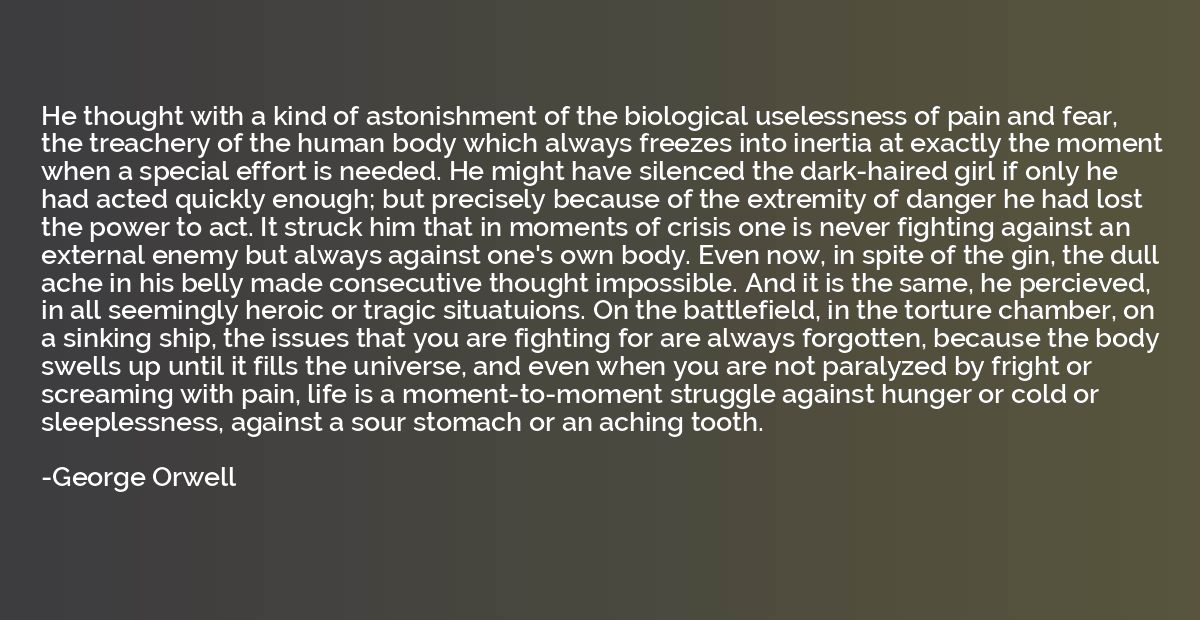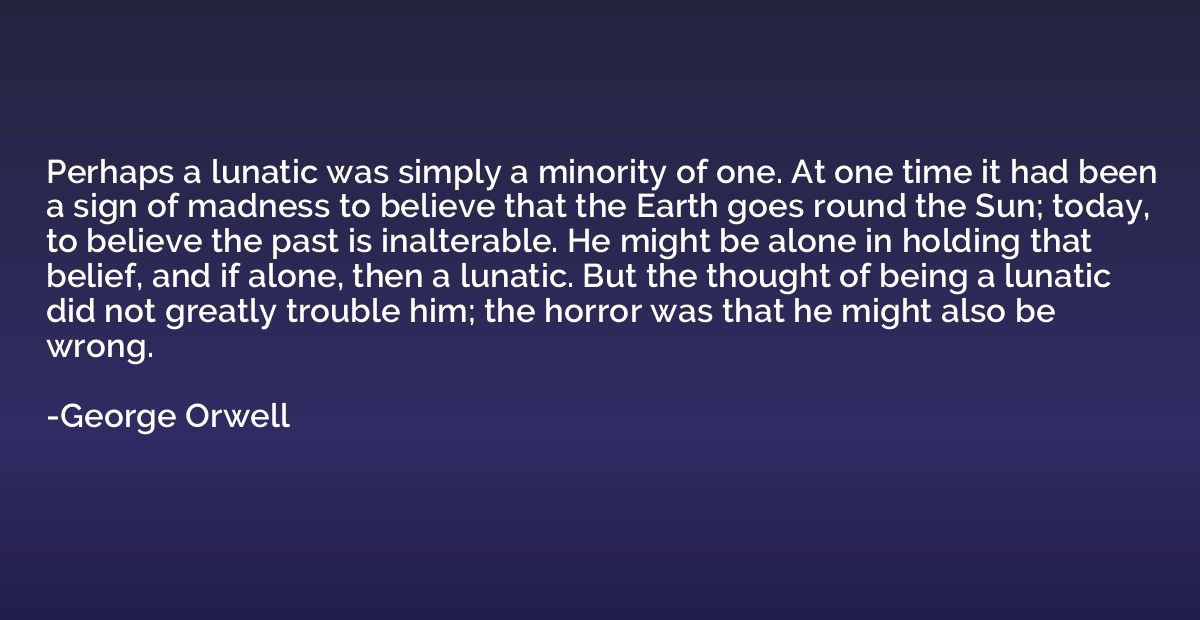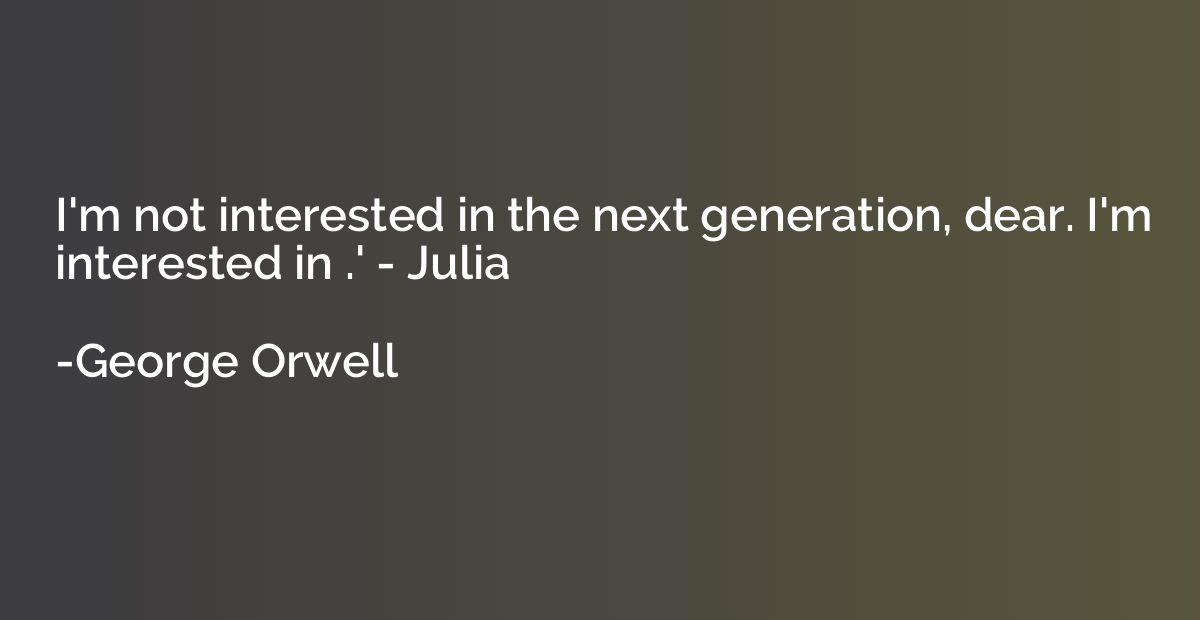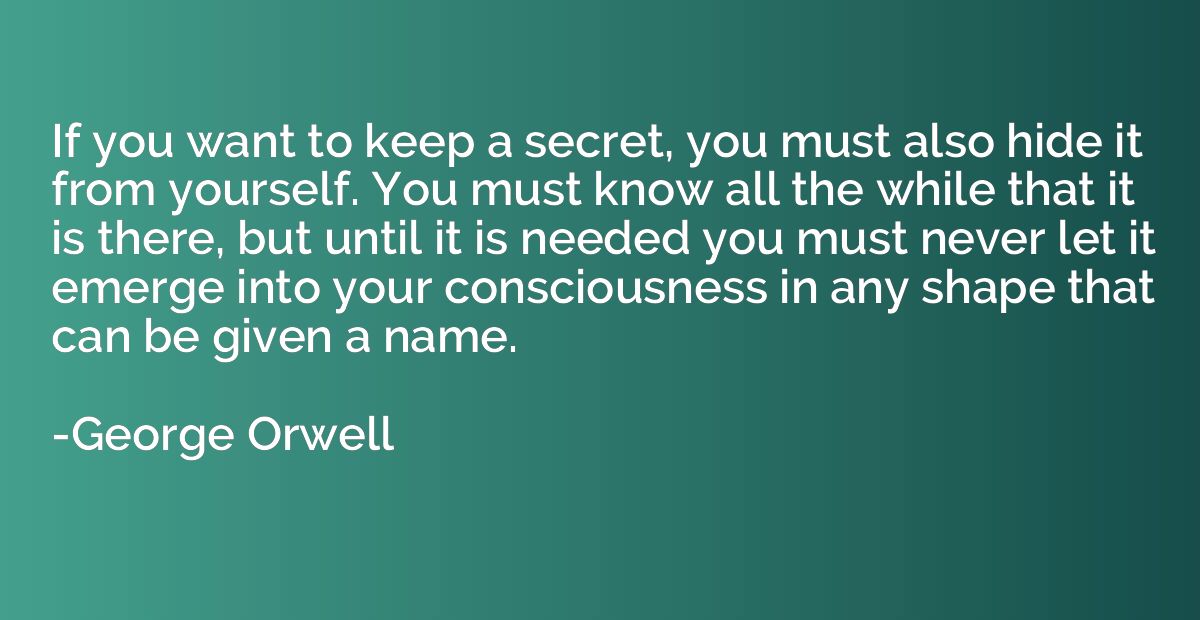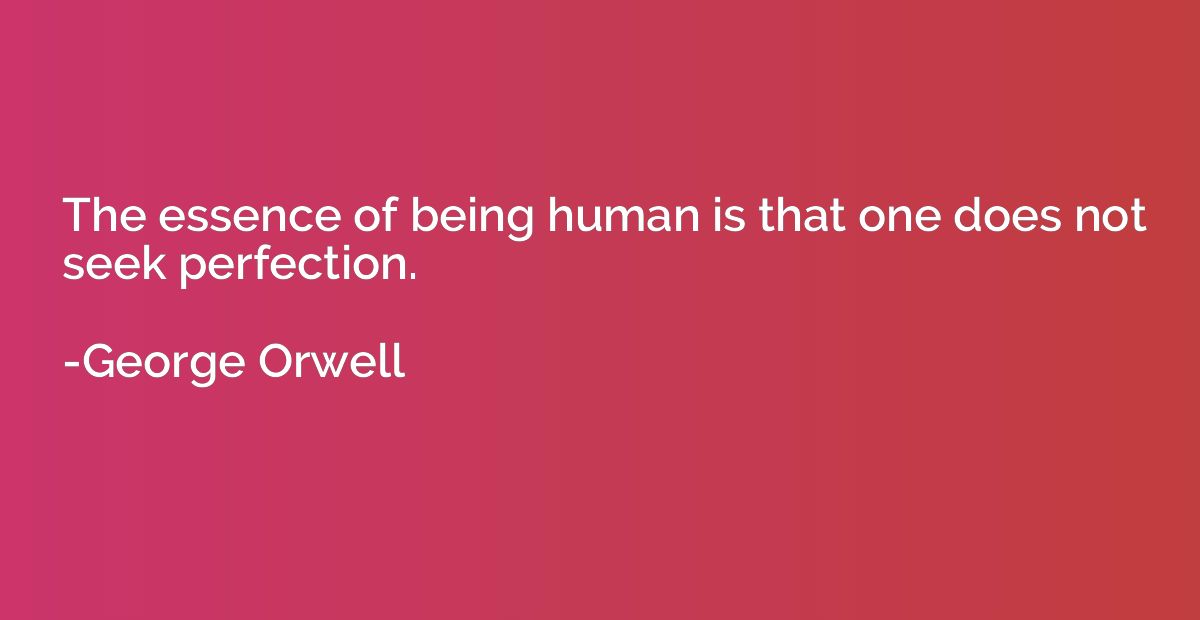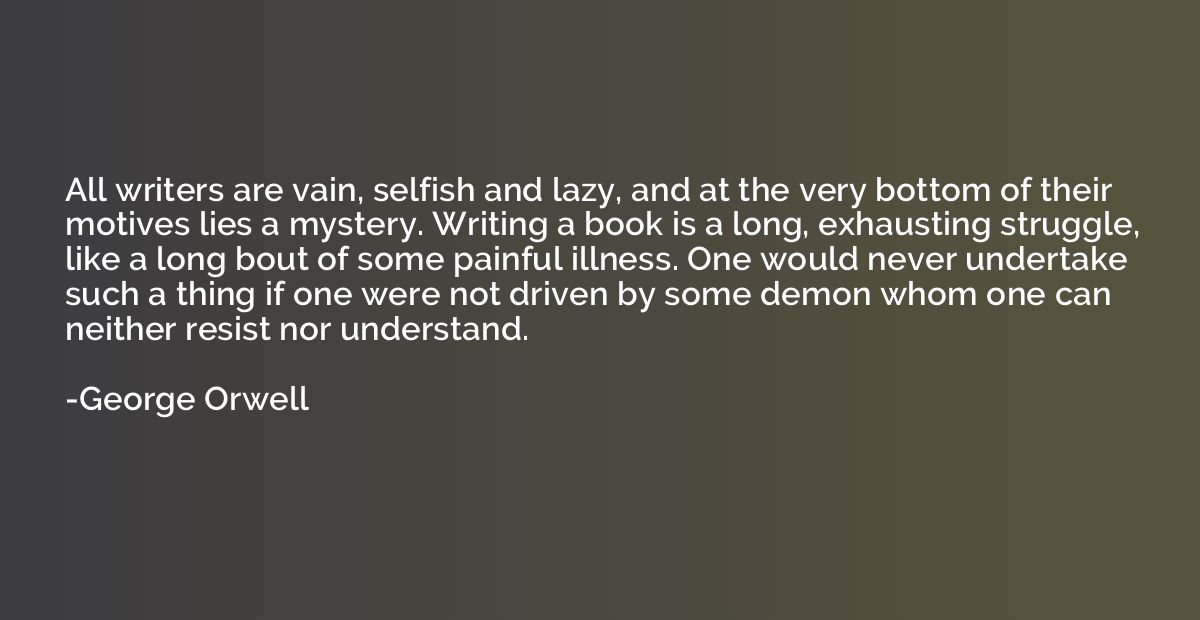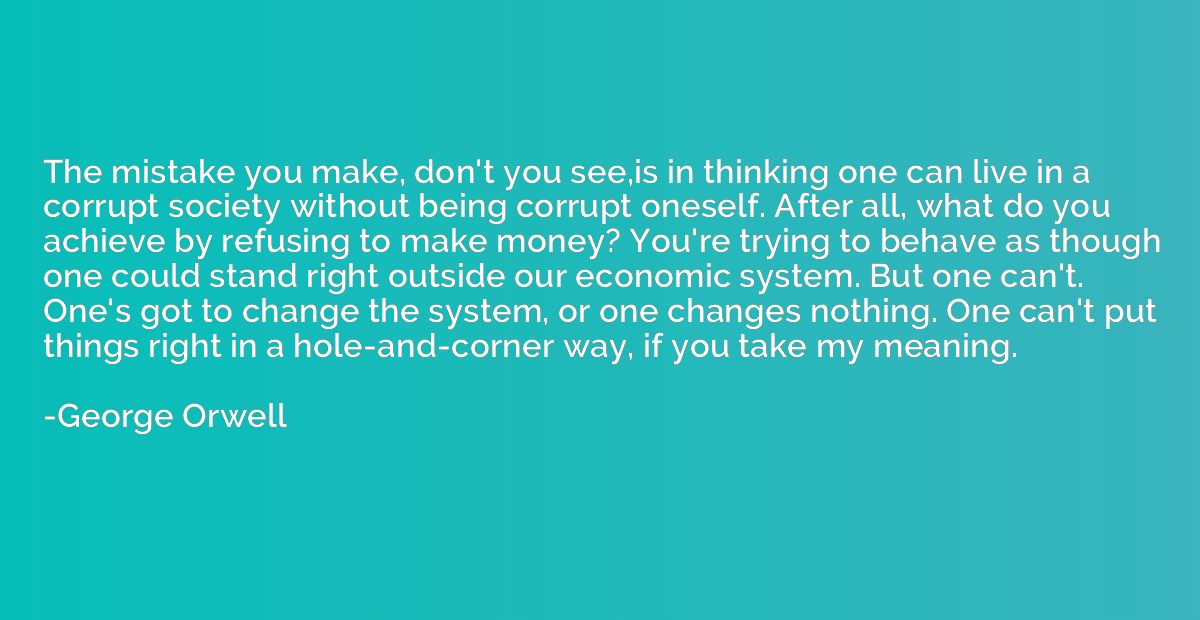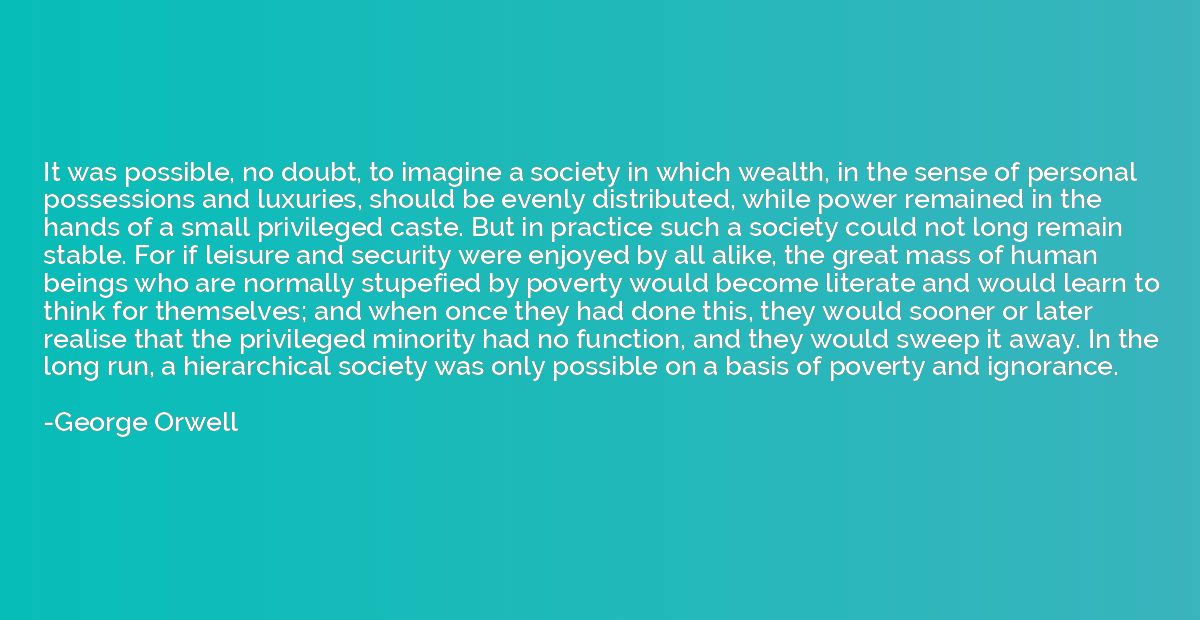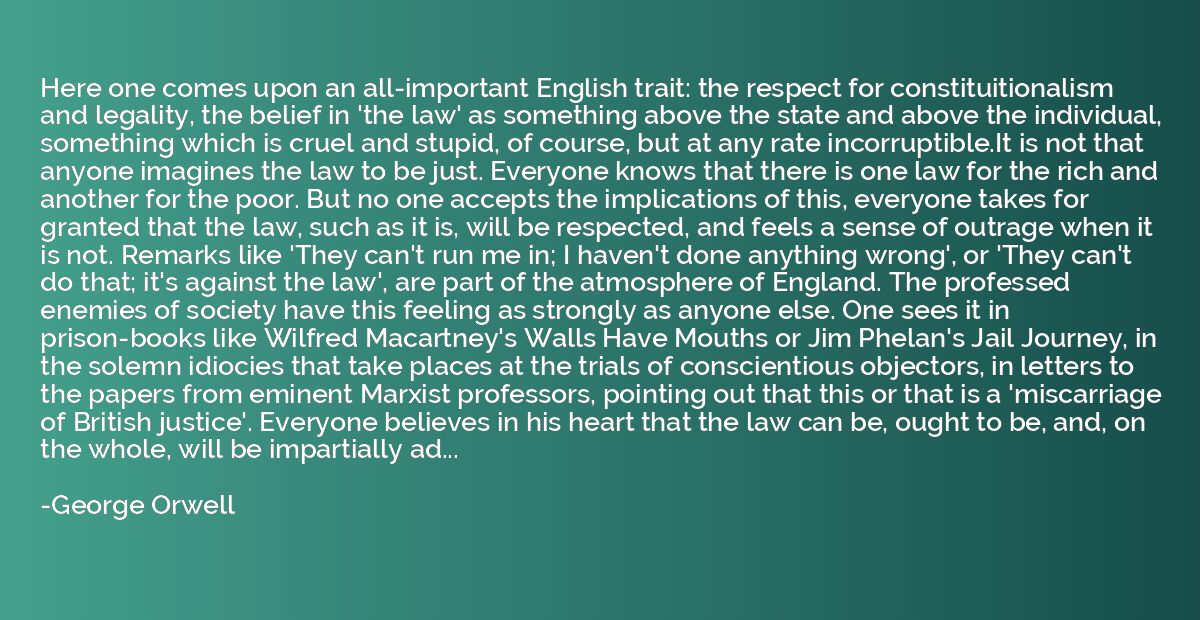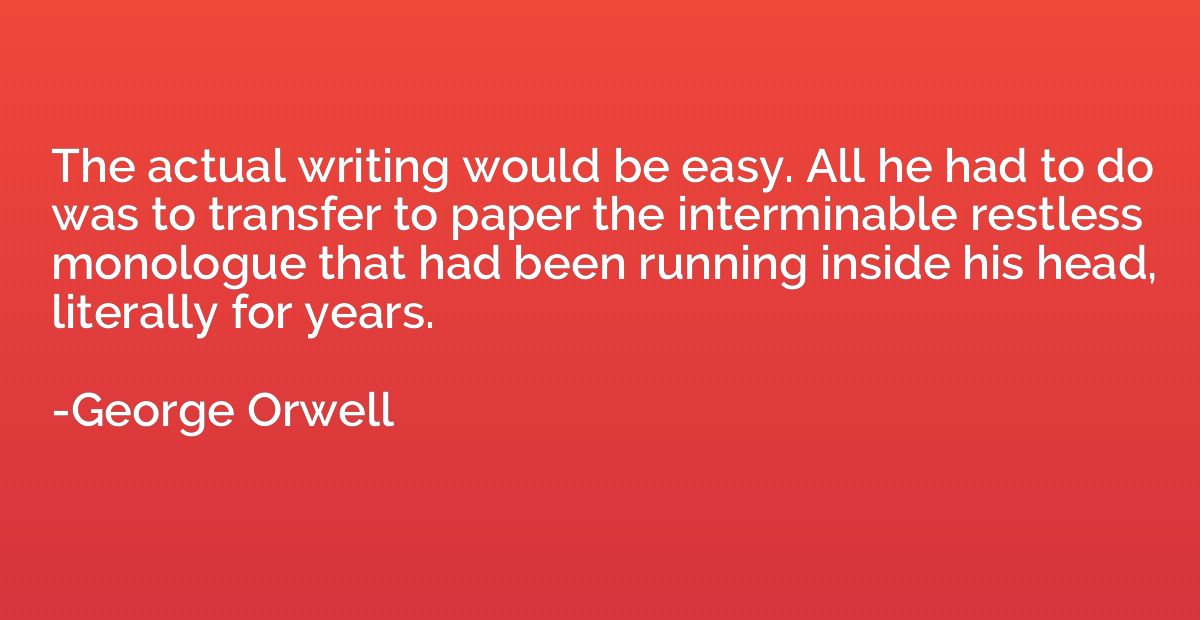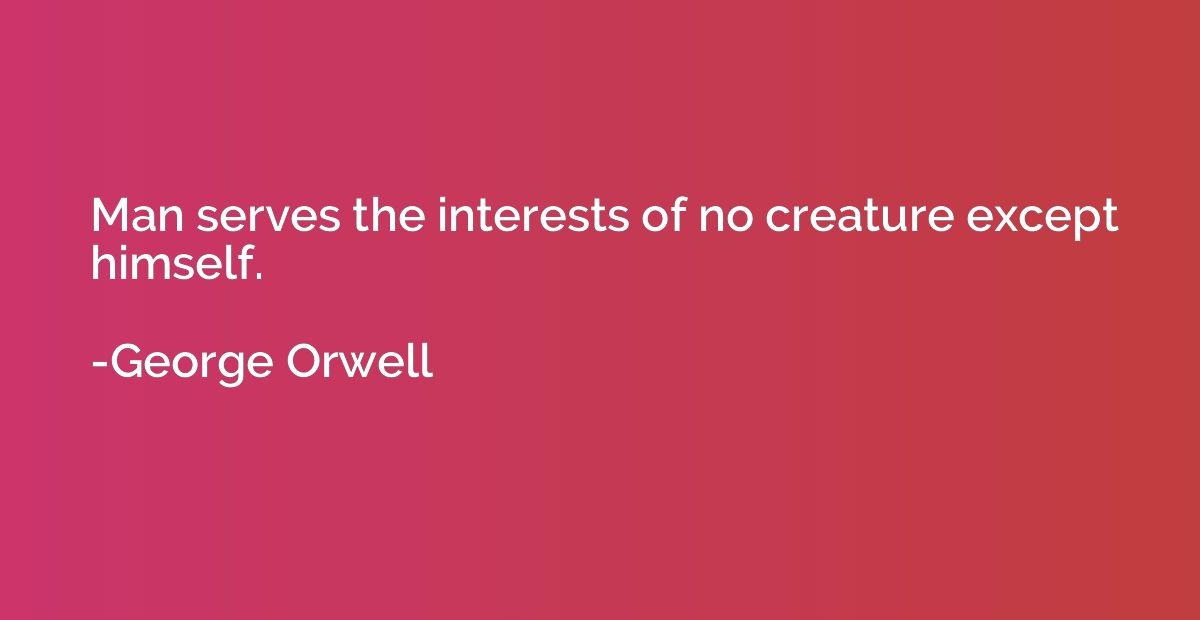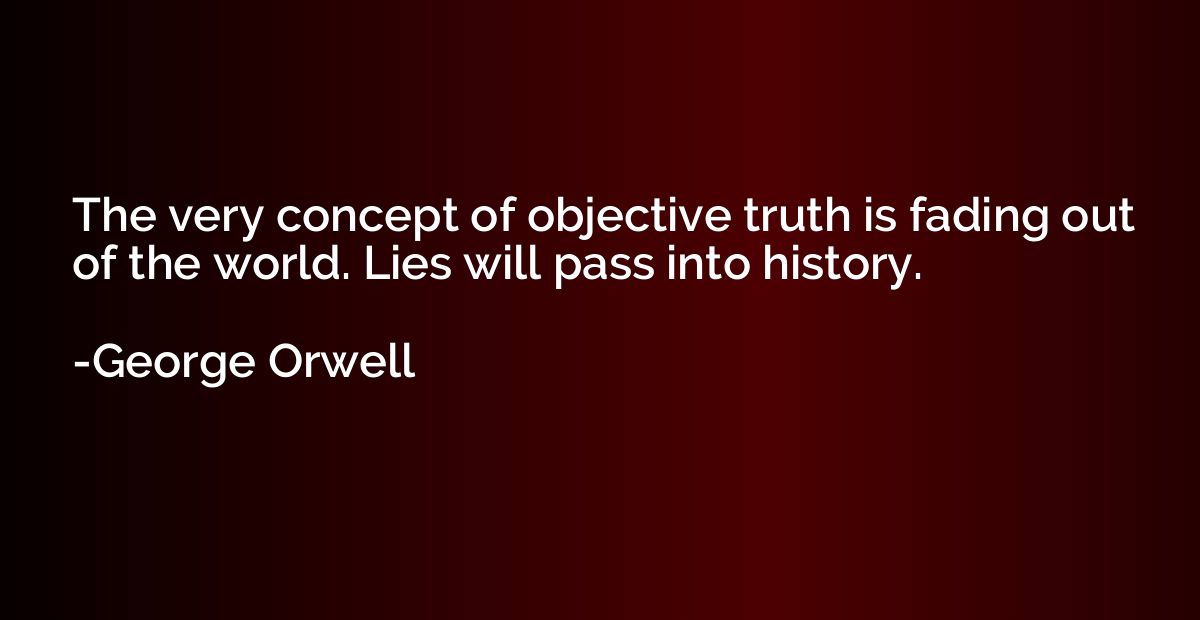George Orwell Quotes
A collection of quotes by George Orwell.
George Orwell was an English writer and journalist, known for his clear and incisive writing style, as well as his critique of authoritarianism and totalitarianism. He was born Eric Arthur Blair on June 25, 1903, in Motihari, Bengal, British India. Orwell's father worked as an opium agent in the Indian Civil Service.
Orwell is best known for his dystopian novel, "1984," which portrays a society under constant surveillance and control by a totalitarian regime. Published in 1949, the book has become a literary classic and has had a profound influence on political and cultural discourse. Another notable work by Orwell is "Animal Farm," an allegorical novella that satirizes the Russian Revolution and the rise of Stalinism.
Throughout his career, Orwell used his writing to shed light on the social and political issues of his time. He spent time as a self-proclaimed tramp in London and Paris, which provided him with material for his non-fiction work, "Down and Out in Paris and London." Orwell also fought in the Spanish Civil War and wrote about his experiences in "Homage to Catalonia."
George Orwell's commitment to truth and integrity is evident in his writing and political activism. His work continues to be celebrated for its insights into power, propaganda, and the nature of humanity. Orwell passed away on January 21, 1950, in London, but his legacy lives on through his thought-provoking literature.
